

THE VOICE OF YOUTH FOR A SUSTAINABLE FUTURE
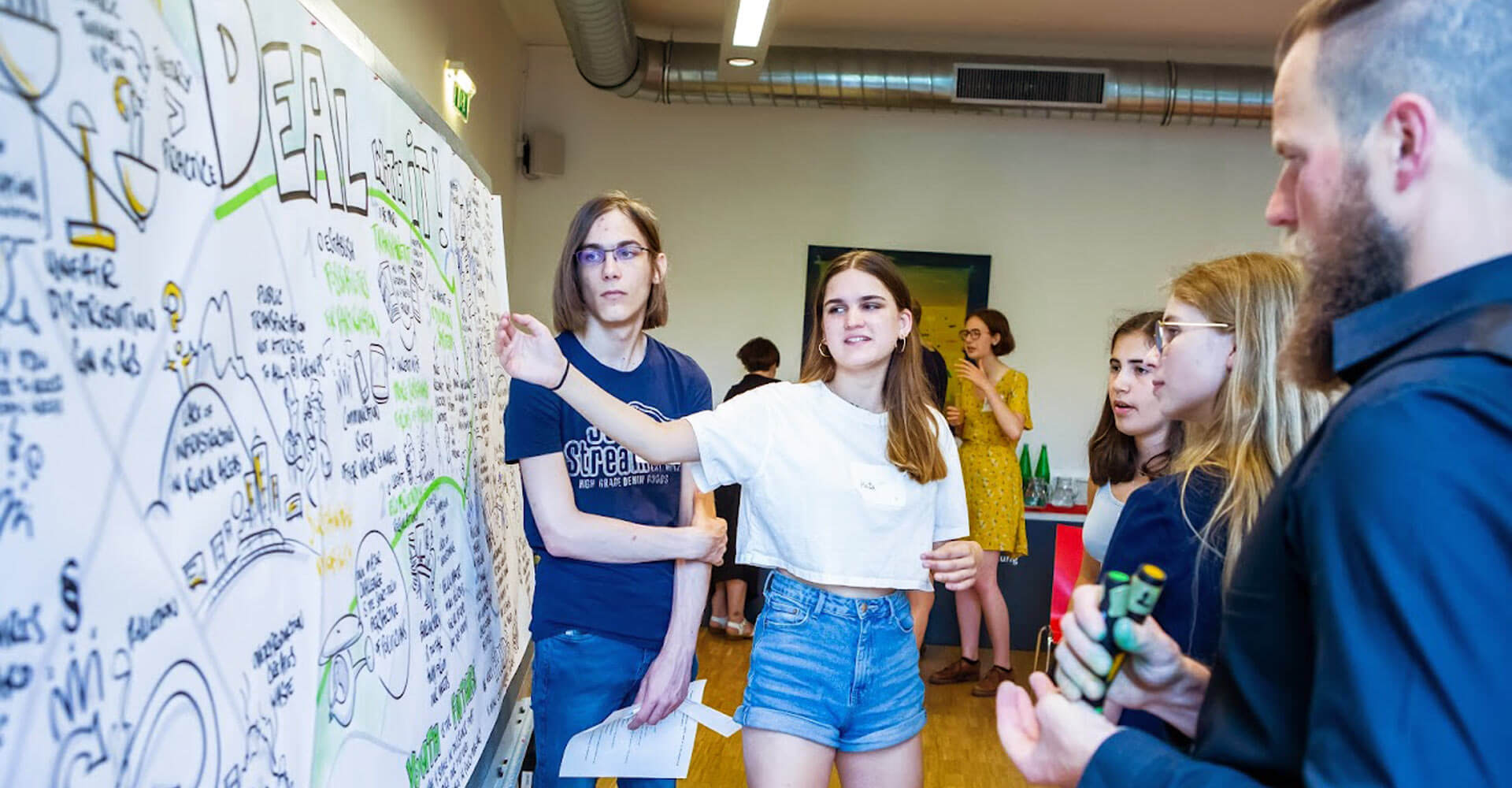
METHODOLOGICAL TOOLKIT
Deal with it! is the collaboration of four organisations in the Europe for Citizens programme of the European Union. Artemisszió (Hungary), Epiz (Germany), NaZemi (Czech Republic) and ÖSFE (Austria) brought secondary school students together to encourage them to envision a sustainable future. Between December 2021 and October 2022 they joined local and international events to discuss pressing issues of sustainability in economy, education, mobility and social justice. They wrote a joint declaration on their vision of the future to engage politicians, educators, youth, and other stakeholders. Based on this experience we developed a methodological toolkit which is meant to be the starting point for an ongoing conversation that goes beyond borders.
I. INSPIRE! LIVING LIBRARIES
Dec 2021 – Mar 2022, in each partner country
In a living library instead of borrowing books to read you borrow people to talk to. It is an interactive
experience to learn about concepts of sustainability from experts of the field. Our living libraries were organized
online or offline in each participating country.
What you need
01 – Organize a class or group to visit the event
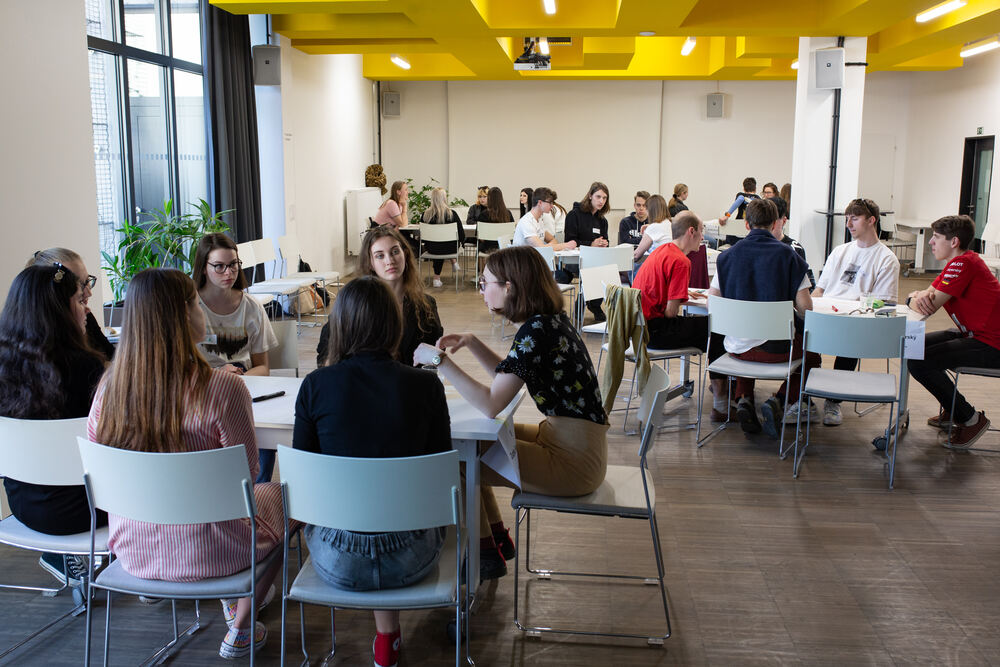
Organize a class or group to visit the event
Invite experts (living books),
ask them to write a description about themselves and their fields
02 – Invite experts (living books),
ask them to write a description about themselves and their fields

03 – Create a catalogue of the descriptions, have participants decide who they choose to talk to
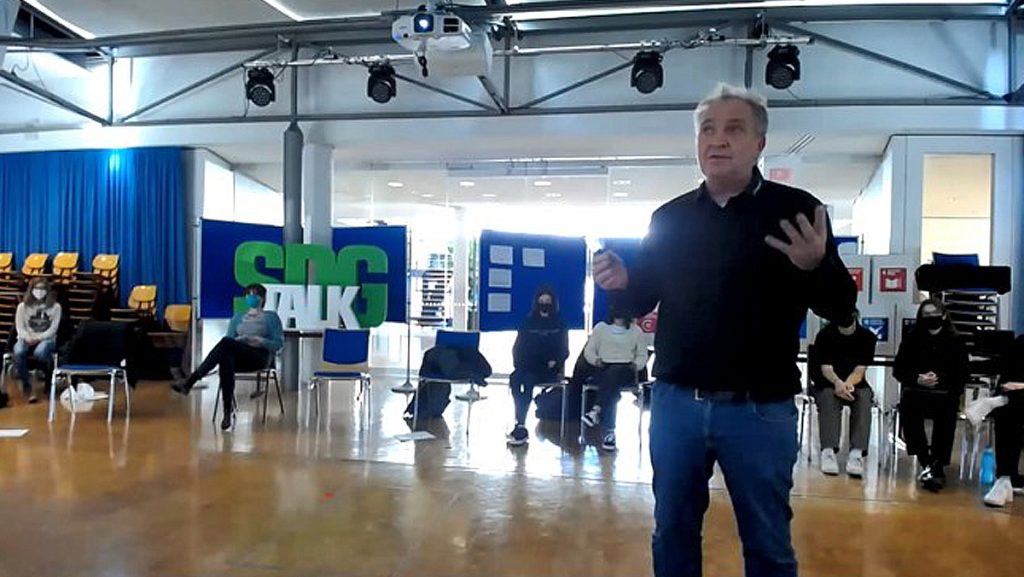
have participants decide who they choose to talk to
Assign participants to two living books of their choice.
They have 10-20-minute talks with each
04 – Assign participants to two living books of their choice.
They have 10-20-minute talks with each
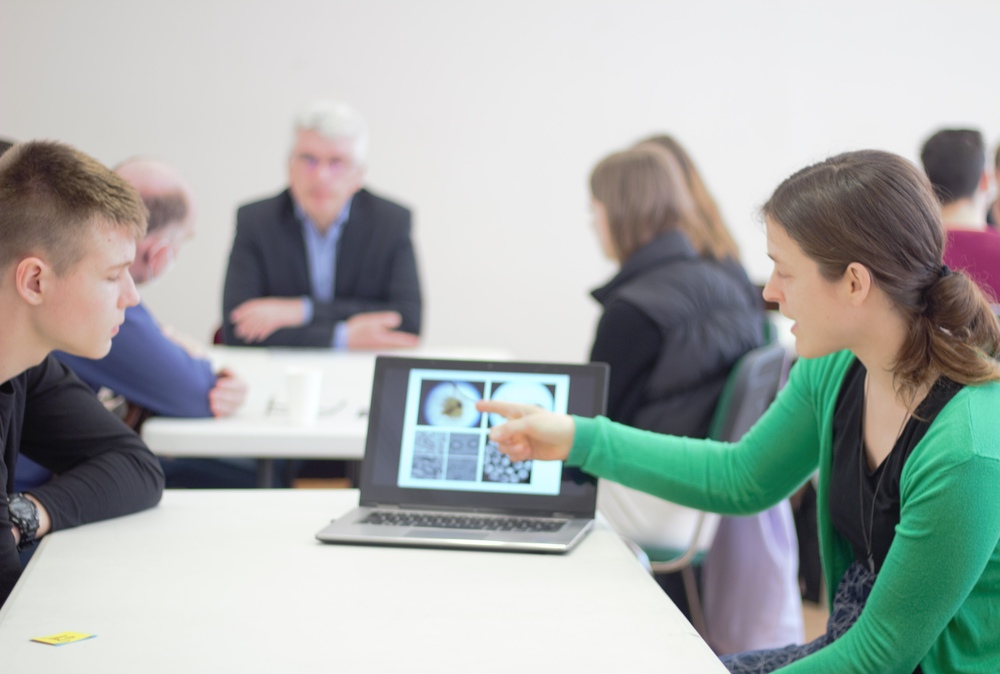
05 – Prepare a schedule of conversation rounds: students in small groups chat with an experts for 10-20 minutes,
then with another one in a second round

Prepare a schedule of conversation rounds:
students in small groups chat with an experts
for 10-20 minutes,
then with another one in a second round
Wrap up the activity with a feedback about
what students learned or found interesting
II. COOPERATE! YOUTH CONFERENCE
Vienna, Austria, 25th June, 2022
What you need
01 – Invite a delegation of students and exprects from the living library events. It’s time to brainstorm what changes should be made and actions taken.
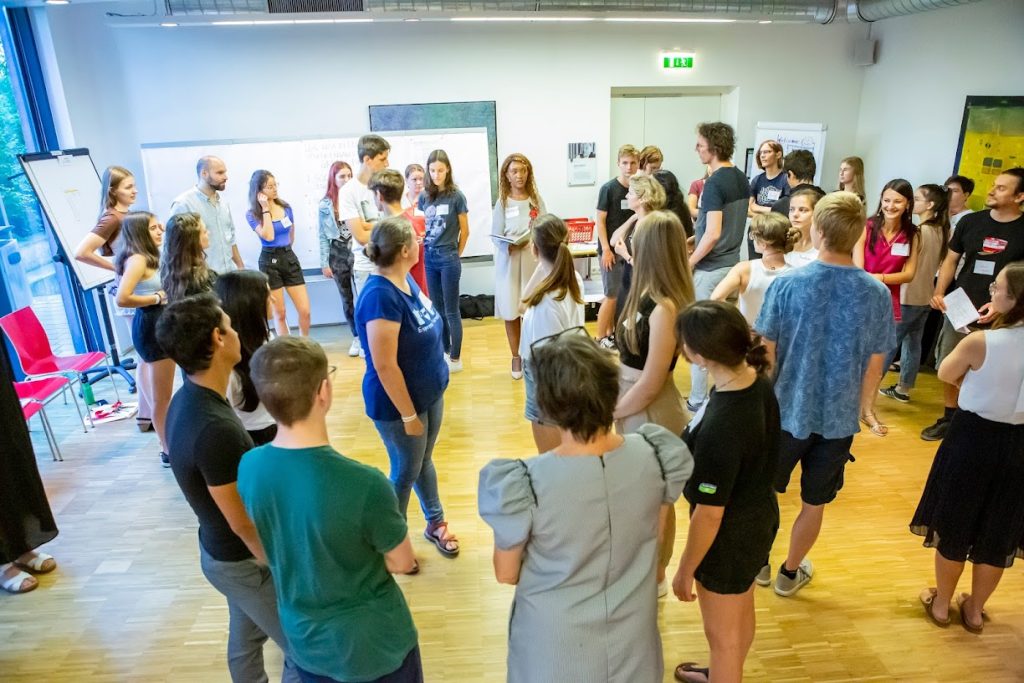
Invite a delegation of students and experts from the
living library events. It’s time to brainstorm what changes
should be made and actions taken.
Prepare group activities to collect ideas for changes you want to see
for a sustainable economy, education, mobility and social justice.
A SWOT analysis can help to have a better idea about the challenges
and actions of your ideas. The experts are there to help!
SWOT analysis is a planning technique to see what it takes to make a change, decision or act. Divide a paper into four sections: Strength, Weakness, Opportunities, Threats. Check your ideas: what positive, negative consequences can it have? What can be achieved by it? What are the challenges or obstacles? It’s a great way of checking what aspects we have control over, what can be done and at what cost.
02 – Prepare group activities to collect ideas for changes you want to see for a sustainable economy, education, mobility and social justice. A SWOT analysis can help to have a better idea about the challenges and actions of your ideas. The experts are there to help!
SWOT analysis is a planning technique to see what it takes to make a change, decision or act. Divide a paper into four sections: Strength, Weakness, Opportunities, Threats. Check your ideas: what positive, negative consequences can it have? What can be achieved by it? What are the challenges or obstacles? It’s a great way of checking what aspects we have control over, what can be done and at what cost.
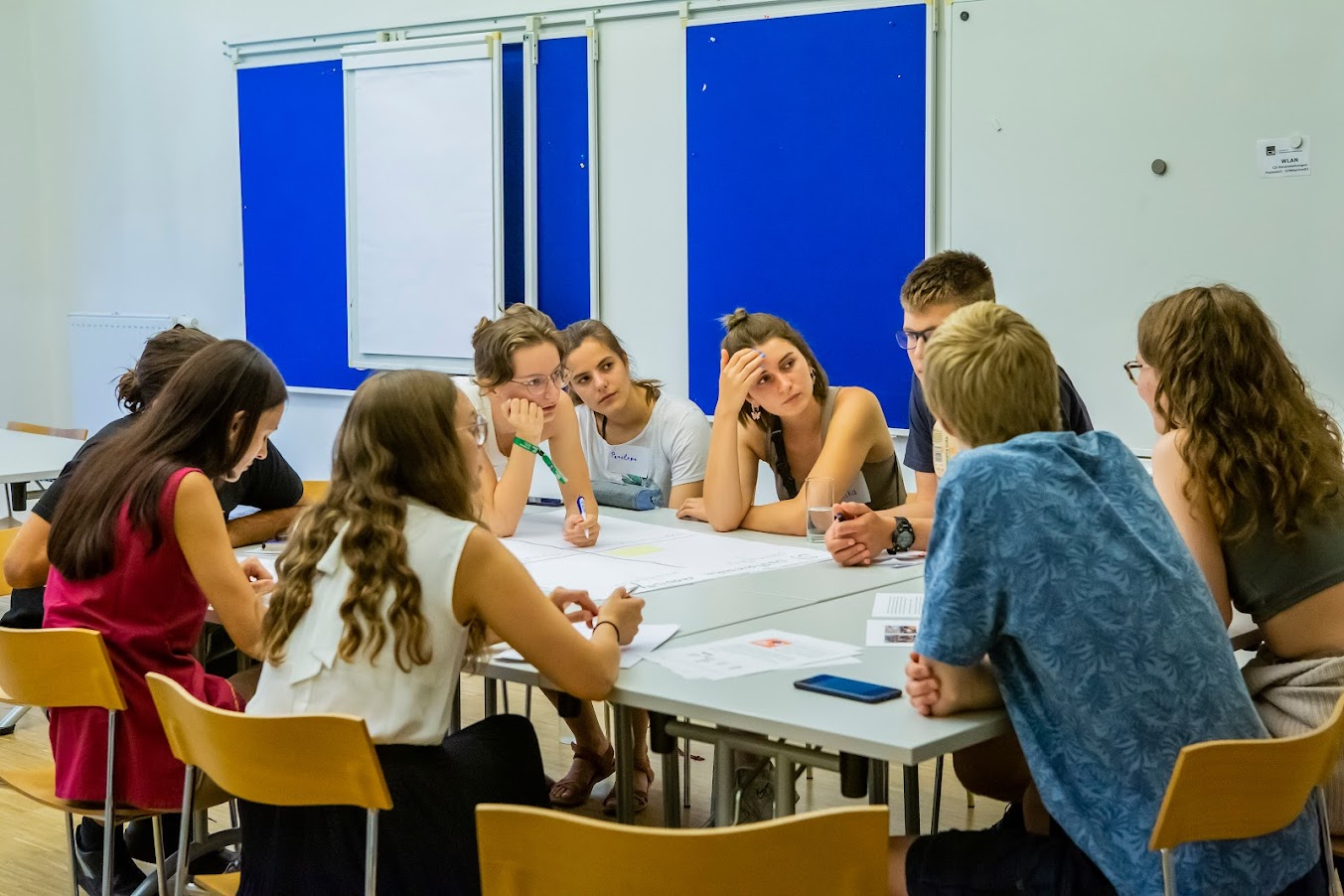

Discuss each groups’ ideas with the whole group
and invite everyone to add or modify anything
Have a graphic recording session where everyone
shares
the previous ideas with an invited
artist who illustrates
them using texts,
symbols and drawings.
04 – Have a graphic recording session where everyone shares the previous ideas with an invited artist who illustrates them using texts, symbols and drawings.
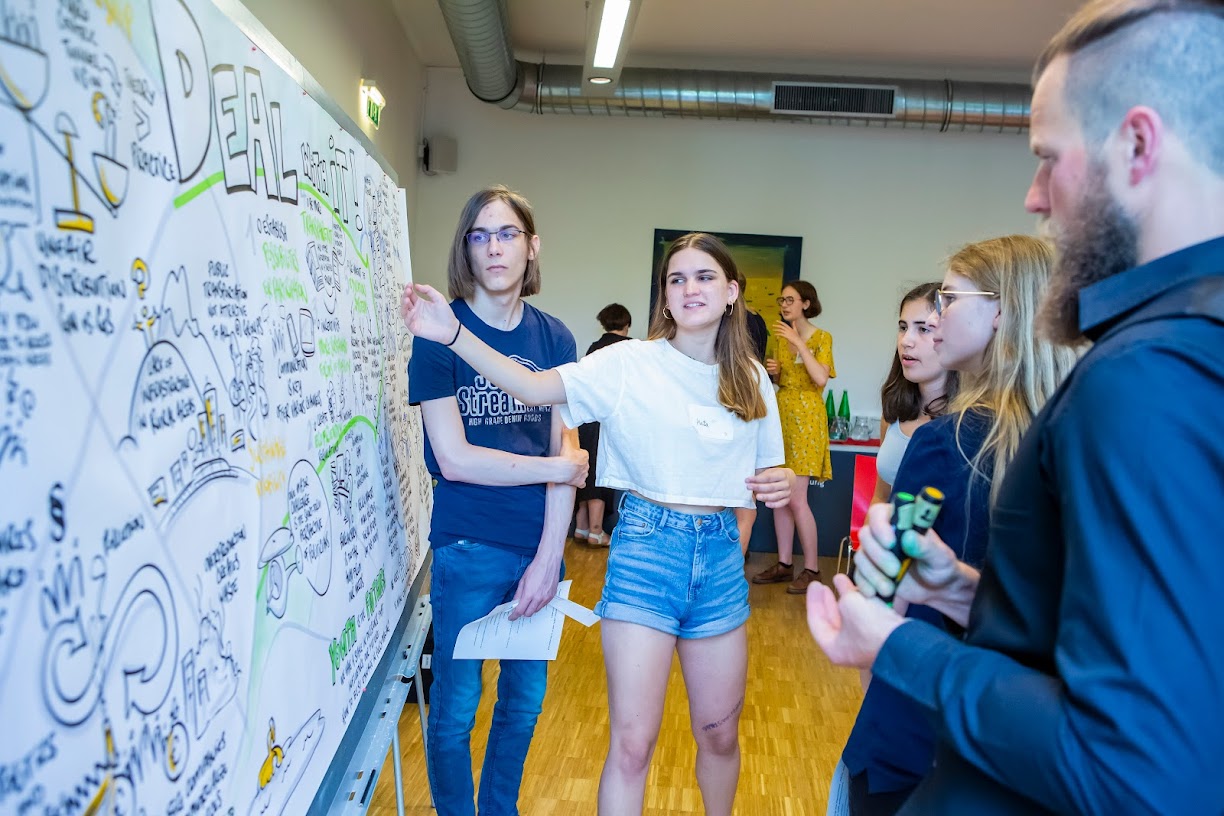
05 – Invite local decision makers to start a dialogue between them and the students. It is an opportunity for both sides to meet the other, get to know their perspectives and understand each other. Students can have an insight into how decisions, policies are made, while the invitees get to know how young people think, what vision and needs they have.

Invite local decision makers to start a dialogue between
them and the students. It is an opportunity for both sides
to meet the other, get to know their perspectives and
understand each other. Students can have an insight into how
decisions, policies are made, while the invitees get to know
how young people think, what vision and needs they have.
Organize the ideas of the
conference into
a Youth Declaration
that shows the vision and proposals
of youth for decision makers.
06 – Organize the ideas of the conference into a Youth Declaration that shows the vision and proposals of youth for decision makers.
III. ELABORATE! PUBLIC SUMMIT
Brno, Czech Republic, 14-15th October 2022
What you need
01 – Revise the declaration, dividing it into sections. Small groups work on one section each, marking the text with two colours: one for parts that work, one for parts to be changed.

Revise the declaration, dividing it into sections.
Small groups work on one section each, marking the text
with two colours: one for parts that work,
one for parts to be changed.
Visit each other’s stations in rotation
so that everyone can check every section of the
Declaration, adding or modifying it.
02 – Visit each other’s stations in rotation so that everyone can check every section of the Declaration, adding or modifying it.
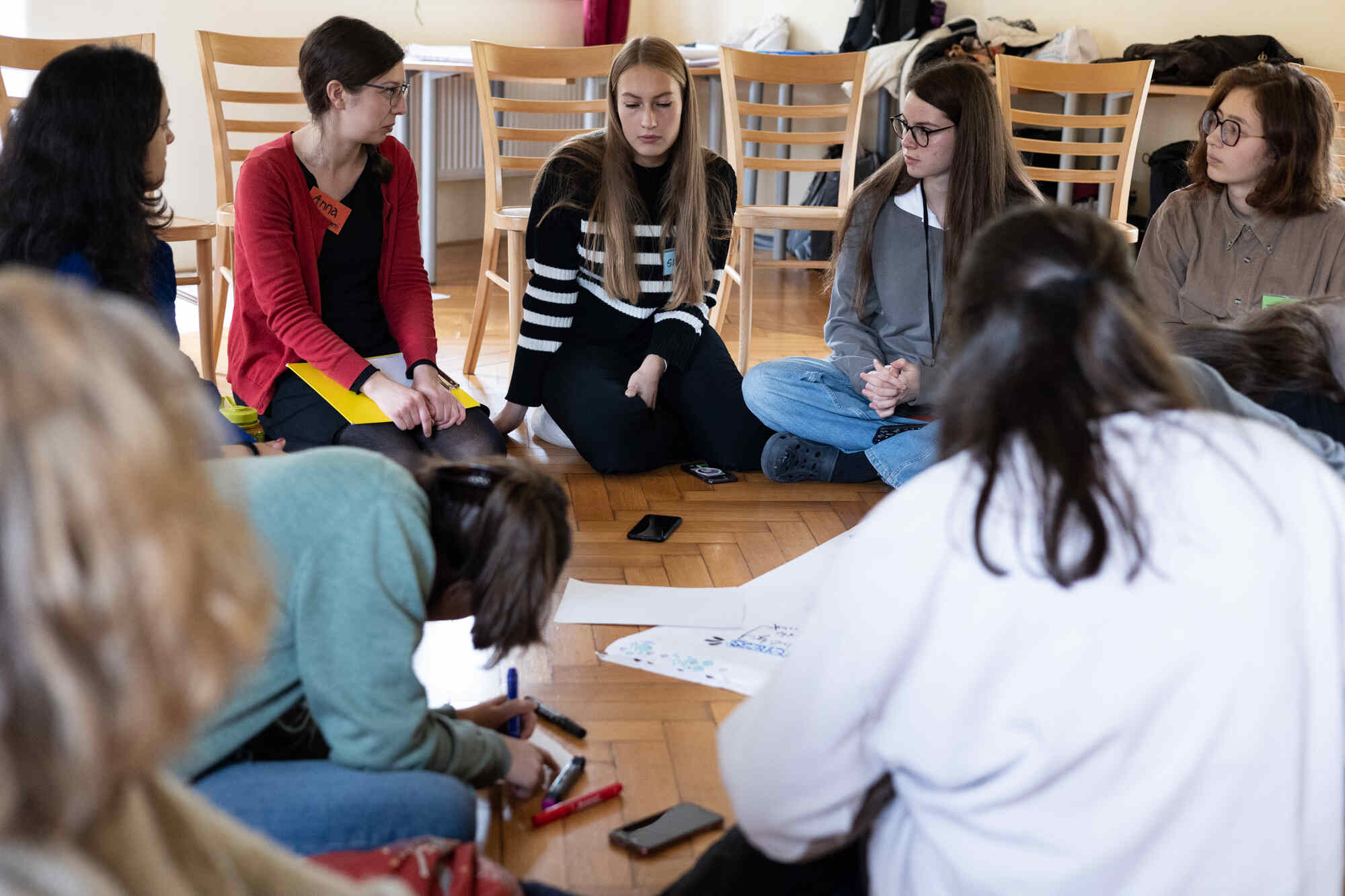
03 – Assign roles for everyone: presenter or writer. Writers finalise the Declaration according to the previous suggestions, while presenters are preparing their speech to introduce it to the guests of the event: decision makers, politicians.

Assign roles for everyone: presenter or writer.
Writers finalise the Declaration according to the previous suggestions,
while presenters are preparing their speech to introduce it to the
guests of the event: decision makers, politicians.
Invite decision makers, present the Declaration
and ask for their feedback in a conversation.
Is anything already happening?
Are the ideas realistic?
What can we start doing?
What can they take away from it?
04 – Invite decision makers, present the Declaration and ask for their feedback in a conversation. Is anything already happening? Are the ideas realistic? What can we start doing? What can they take away from it?
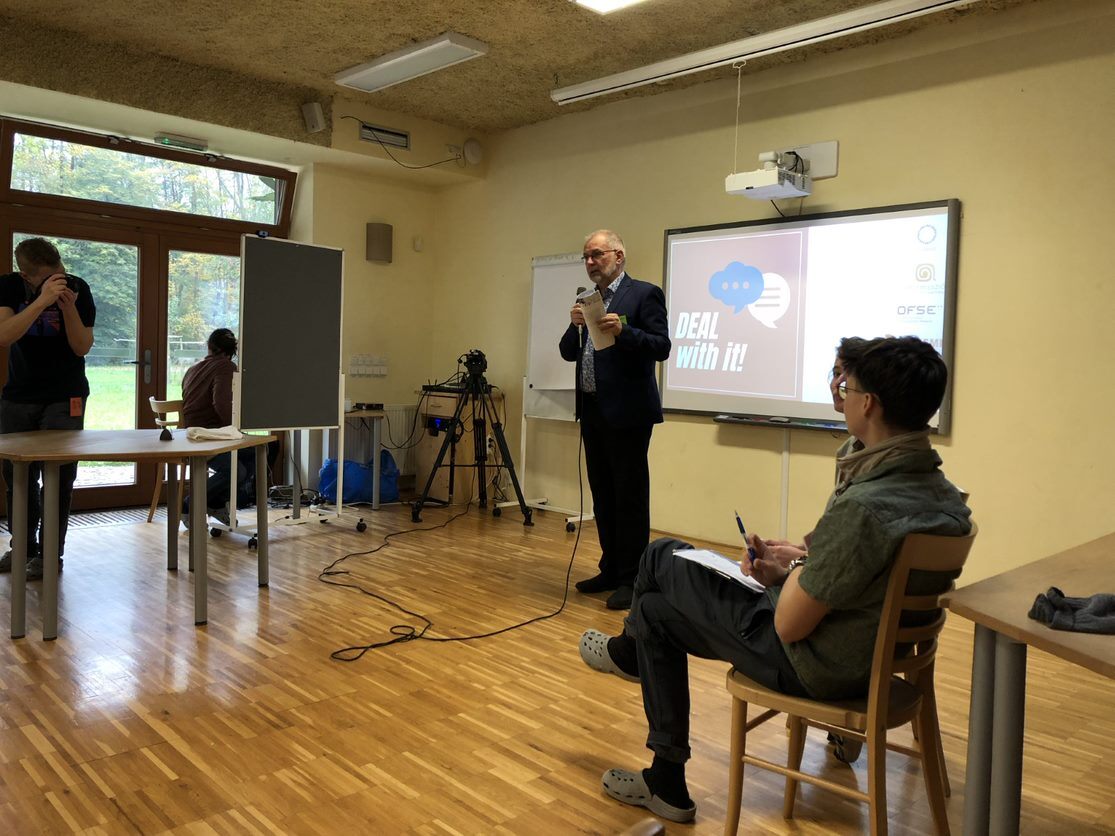
05 – Have an open space discussion to brainstorm actions students can commit to take in the shorter or longer term.
Open Space is a democratic and participatory discussion method which engages groups of people with various backgrounds and experiences (students, politicians, experts) to explore a particular topic or question. Everyone is welcome to bring a topic or question for the discussion and whoever feels like joining the discussion joins. During Open space there are multiple discussions going on in parallelly. It is a great opportunity to connect with other people to turn ideas into action.
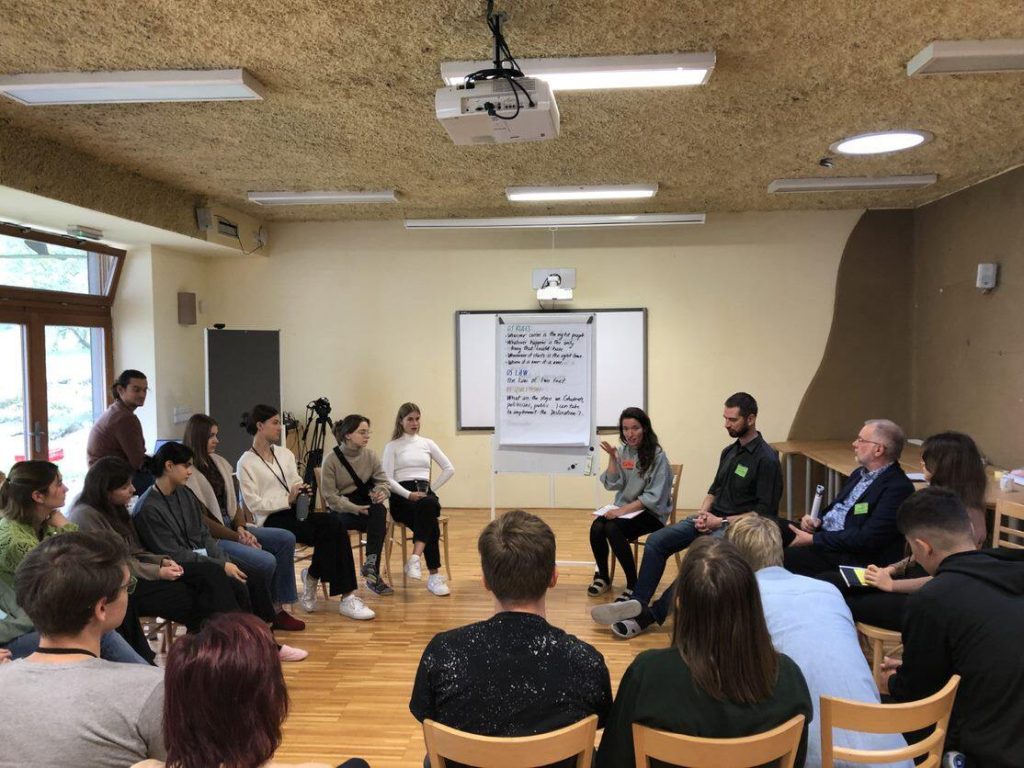
Have an open space discussion to brainstorm
actions students can commit to take in
the shorter or longer term.
Open Space is a democratic and participatory discussion method which engages groups of people with various backgrounds and experiences (students, politicians, experts) to explore a particular topic or question. Everyone is welcome to bring a topic or question for the discussion and whoever feels like joining the discussion joins. During Open space there are multiple discussions going on in parallelly. It is a great opportunity to connect with other people to turn ideas into action.
Publish your Youth Declaration.

In Artemisszió we believe in an open, tolerant society, where communication across social, cultural, demographic and geographical boundaries is a key value. This is why we invite young people to our activities: to share their ideas about a better future. We use art and non-formal education to promote the importance of understanding the complexity of today’s globalized world – and through it, ourselves. Contact: info@artemisszio.hu

ÖFSE is a Vienna-based research, education and information centre on development policy. Its core work program is research, information citizen involvement on a sustainable, fair and inclusive transition for all. It is home to Austria’s most extensive library on development politics, the C3-Library for International Development, encouraging public engagement and dialogues. ÖFSE cooperates with over 150 Austrian schools in participatory projects and activities on sustainable development and global engagement. In this project ÖFSE accounts for project coordination and development of the living library as a learning format for schools. Contact: office@oefse.at
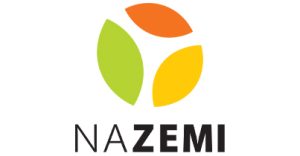
NaZemi’s vision is a society that grants the right to a dignified life to everyone, understands the global interconnectedness of the world and perceives responsibility for the long-term sustainability of life. NaZemi follows this vision through transformative education, focusing on global topics like climate change, decent work, or social justice. Recently we adopted degrowth as one of our main frameworks, because we understand that radical change of the economic system is needed to fulfill our needs respecting planetary boundaries. Contact: info@nazemi.cz
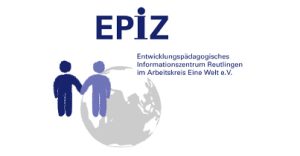
EPiZ is a house of Global Learning and Education for Sustainable Development. Under its roof, many different projects work together and people meet. We are working mostly regionally in the state of Baden-Württemberg, but cooperate with numerous organisations and programmes also Germany-wide and internationally. Contact: info@epiz.de
The European Commission’s support for the production of this publication does not constitute an endorsement of the contents, which reflect the views only of the authors, and the Commission cannot be held responsible for any use which may be made of the information contained therein.